Including Phia, Thoughtworks, and Kallikor: RTIH's most read retail technology articles from last week
Check out the articles on this here website that caught your fancy last week, including Solda.AI, Morrisons, Lidl Ireland, Datavations, Forter, PwC, and Jarvio.
AI voice agent startup Solda.AI announces $4 million in seed funding as it bags clients in retail and finance
Solda.AI has raised a $4 million seed funding round to improve the phone sales process with multimodal AI voice agents that can close deals autonomously.
The round was led by Accel, with participation from AltaIR Capital. The funding will be used to develop Solda.AI’s AI agents, and partner with more enterprises worldwide.
Solda.AI was founded in 2023 by Sergey Shalaev, an AI and ML entrepreneur with more than 12 years experience and expertise in recommendation services, advertising technologies, and MedTech.
A remote first company, the team is based across Amsterdam, Berlin, London and Munich. It now provides AI voice sales agents for enterprises in sectors from finance and retail, to transport and telecoms, including tbi bank, Treatwell, InDrive, Plata Bank and Vivid Money.
Lidl Ireland launches in-store bulk feed reverse vending machine as part of Re-turn scheme
Lidl Ireland has become the first supermarket in Ireland to launch a bulk feed reverse vending machine.
As part of Ireland's Re-turn scheme, customers in its Patrick Street store in Mullingar can now return large volumes of bottles and cans in a fraction of the time, by emptying their bags of containers into the feeder of a new RVM Systems Mega machine.
The machine sorts and counts the bottles and cans while the customer sees the deposit value accumulating on-screen. As normal, they then have the option to take their deposit voucher or donate it to a charity partner.
Alla Gancz departs EY for global payments strategy role at technology consultancy Thoughtworks
Alla Gancz has joined technology consultancy, Thoughtworks, as Payments Vertical Leader, based in London.
She was previously at EY, where she served as Partner, UK Payments Consulting Leader.
In a LinkedIn post, she said: "As part of the BFSI leadership team, I’ll be responsible for shaping payments strategy, value proposition, thought leadership, and ecosystem partnerships across the global payments landscape."
"I look forward to supporting our clients on their journeys of growth, innovation and transformation - working with global financial institutions, banks, payment service providers, networks, FinTechs and PayTechs, merchants, and regulators to help navigate complexity and unlock growth."
She added: "I am incredibly excited to collaborate with the talented colleagues at Thoughtworks, whose commitment to excellence, innovation, and purpose driven work truly stands out. I am especially inspired to join a company with such a rich history, deep technology expertise, and a forward looking mission. With over 30 years of experience in technology consulting, Thoughtworks has been at the forefront of digital innovation - blending design, engineering, and AI expertise."
Royal Mail enlists Micah Richards, Judi Love, Josh Widdicombe for Send It Your Way TV advertisement
Royal Mail has teamed up with former footballer and Sky pundit, Micah Richards, ITV comedian and presenter, Judi Love and comedian and presenter, Josh Widdicombe for a Send It Your Way TV advert.
The Send It Your Way campaign promotes the various ways Royal Mail is aiming to make sending and receiving parcels as convenient as possible via the likes of parcel lockers, shops, and postboxes.
“It is great to see Royal Mail advertising our range of out of home options on TV. We really are making it easier for customers to send with us, whichever way they choose. Proud to be part of it!” says Anna Malley, Director of Partnerships and Acquisitions at Royal Mail.
Grocery giant Morrisons connects with AI powered supply chain simulation tech firm Kallikor
Morrisons has announced a partnership with supply chain simulation technology specialist Kallikor.
Using the AI powered Adaption platform, Morrisons is creating a digital twin of its end-to-end supply chain, a fully interactive model that mirrors the complexity, scale, and pace of its national network. This provides a design space where its teams can experiment, test, and optimise decisions with speed and precision, from warehouse operations to network wide flows.
As the partnership scales, it will operate with a living digital model fully integrated into its day-to-day operations, enabling continuous optimisation and proactive adaptation to market shifts.
Bill Gates returns to startups world as he joins CX team at AI powered fashion technology specialist Phia
Bill Gates has taken to social media to discuss joining the customer experience team at Phia, an AI powered fashion technology tool that is the brainchild of his daughter Phoebe Gates and her co-founder Sophia Kianni.
A free iOS app and mobile browser extension, this finds people the best prices on fashion while they shop.
In a LinkedIn post, he said: “I’ve entered the startup world again…When your daughter asks if you’d be willing to work a shift in customer service at her startup, the only right answer is yes. I’ve spent a lot of time thinking about how technology can make systems more efficient, equitable, and accessible. But I’ve learned over the years that the best way to understand how something works, or where it breaks, is to go straight to the people using it.”
He added: “That’s why I’ll be joining the Phia customer experience team for a day this week. They’ve built an app and browser extension that helps people shop smarter by finding the best prices, surfacing secondhand options, and showing lower-impact alternatives across thousands of online retailers.”
“It’s been inspiring to watch them tackle a massive challenge, rethinking the way we shop, by meeting users where they are. And now, I’ll be doing the same. Looking forward to getting back into the startup scene. Hopefully, I won’t break anything (no promises).”
Ongoing tech investment: new self-scanning feature set to launch within Lidl Plus mobile app
Lidl GB is gearing up to launch a trial in four stores of a new self-scanning mobile app feature.
In a LinkedIn post, it said: “We’re building retail innovation into the heart of the Lidl experience. This September, we’re launching a new self-scanning feature within the Lidl Plus app - part of our ongoing investment in technology to make shopping easier, faster, and more flexible for our customers.”
People will be able to scan as they shop, track spend and savings in real-time, and checkout faster via self-service. This is launching first through a friends and family trial across four stores – with a full roll-out to follow next year.
“This isn’t a one off update. It’s the next step in a much bigger plan,” Lidl GB said. “From self-checkouts to loyalty led digital tools, we’re rethinking the entire in-store experience - and investing for the long-term to bring our customers more choice, more control, and more convenience.”
Retail intelligence firm Datavations bags $17 million in Series A funding round led by Forestay Capital
Datavations, a New York-based data and AI powered intelligence provider for the building materials and home improvement industries, has closed a Series A funding round, securing $17 million in new equity capital.
This was led by Forestay Capital, with participation from Morpheus Ventures, as well as existing investors Sage Venture Partners, Nevcaut Ventures, and board member Jay Steinfeld. Additional backers include Rusty Reed, former CFO of Procore Technologies, and Travis May, founder of LiveRamp and Datavant. The investment brings Datavations’ total funding to date to $27 million.
The Series A round will enable the company to accelerate growth across all fronts by scaling its team and advancing product development. The cash will also support expansion across North America and help deepen relationships with clients.
Its platform, powered by advanced machine learning and AI, provides manufacturers with a data driven approach to better serve customers and grow their relationships with key accounts. By simplifying massive datasets into actionable business insights, it says it helps businesses make decisions to optimise pricing, inventory, and product assortment.
Keep it simple, stupid: AI powered Amazon selling startup Jarvio lands $1.8m pre-seed round
Dublin-based Jarvio has raised a $1.8 million pre-seed round as it looks to build the future of Amazon selling, powered by AI.
This is backed by Darius Cubed, Baseline VC, NDRC, Enterprise Ireland, an Accel scout, and angels from the likes of Amazon, Wayflyer, Target, Meta, MongoDB, J.P. Morgan, and Fexco.
Forter and PwC report flags top e-commerce fraud risks including remote access cyber attacks
A report launched by Forter and PwC reveals major new emerging fraud trends for e-commerce companies.
While returns fraud holds its position from last year as the most prevalent risk, new emerging threats gaining traction in 2025 include:
Remote access attacks – A type of cyber attack where an unauthorised individual gains access to a computer or network from a remote location. Forter recorded an 8% increase in remote access attacks during the 2024 Black Friday/Cyber Monday period compared to 2023.
Card testing – A fraudster tries to determine whether stolen card information is valid so that they can use it to make purchases. This attack fraud type predominately affects low-value transactions and is commonly seen in crowdfunding or charitable sectors, digital goods, food delivery services and subscription services.
Fraud attacks on QSRs or fast-food restaurants – Attacks on QSR platforms surged by 45% from 2023 to 2024. Over 85% of fraud attempts on QSR sites involve returning fraudsters.
Loyalty points fraud – This occurs when individuals exploit loyalty programmes, either stealing points, manipulating transactions, or creating fake accounts to redeem rewards. Accounts involved in loyalty programs face four to five times higher rates of attacks compared to regular accounts, and those holding stored value or points are six to seven times more vulnerable to fraud.
Fake accounts – This involves the creation and use of fraudulent accounts on platforms such as social media, financial institutions, e-commerce sites, and other online services, with the intent to commit fraud. Forter’s data indicates that 90% of fake accounts on digital commerce platforms are often created by a small subset of disciplined fraud users.










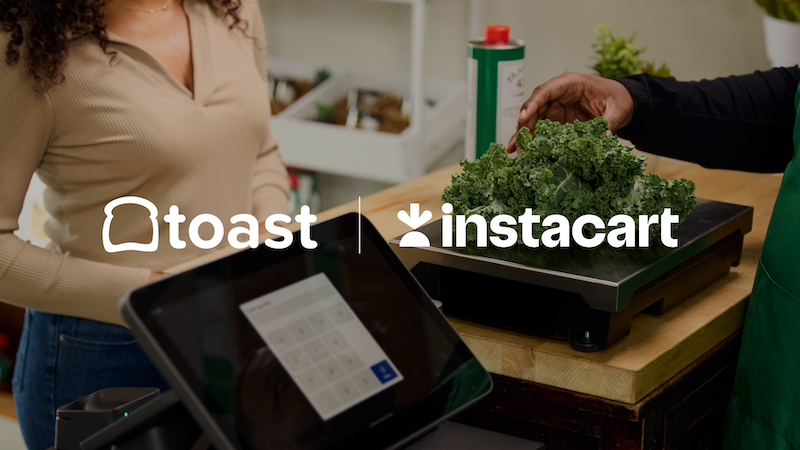





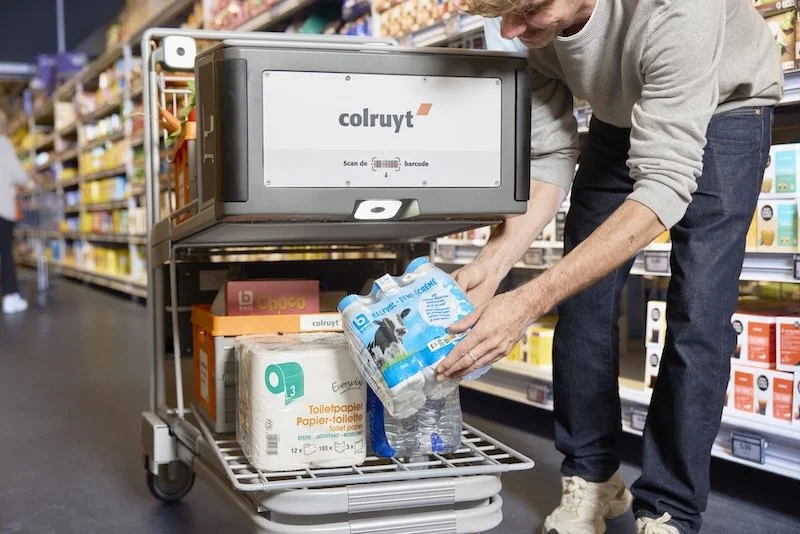
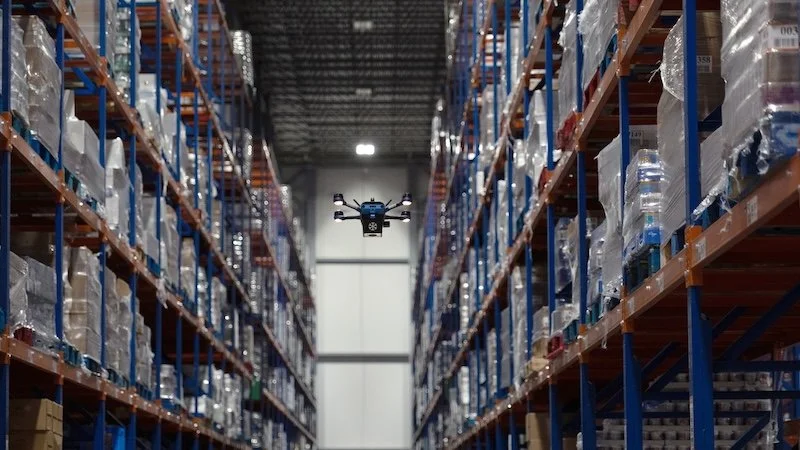









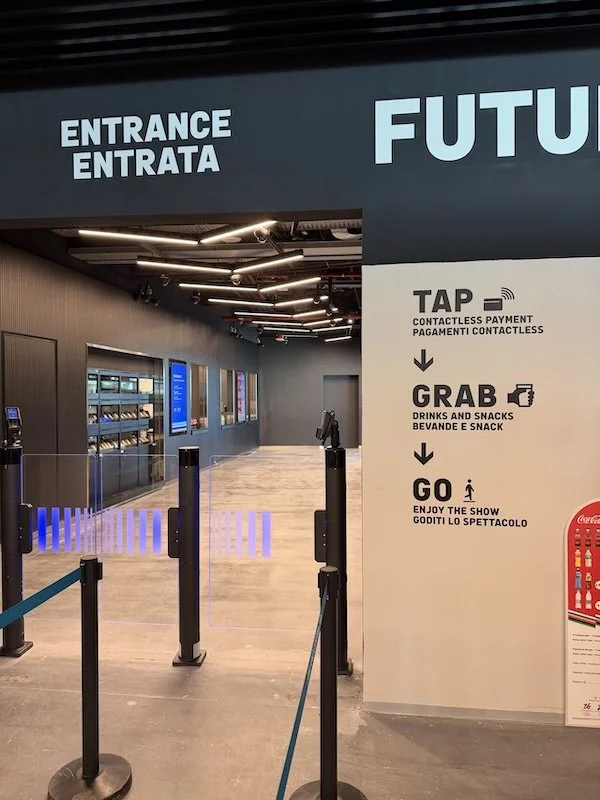



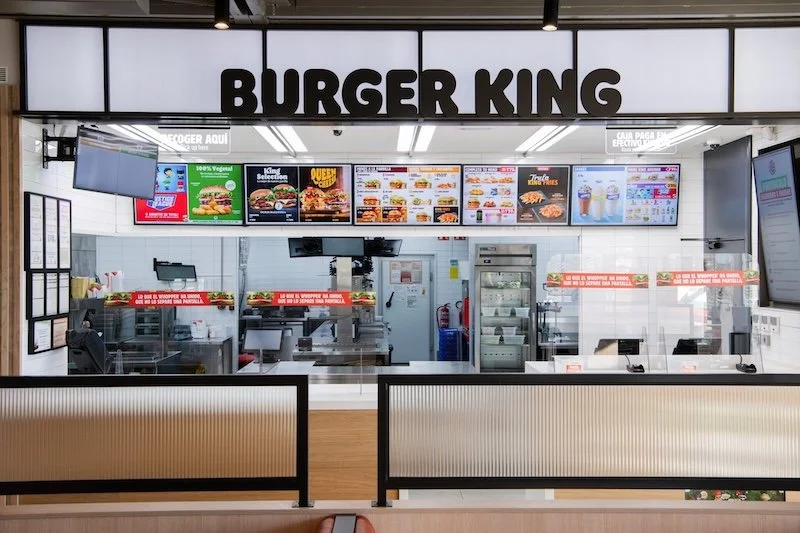
Continue reading…